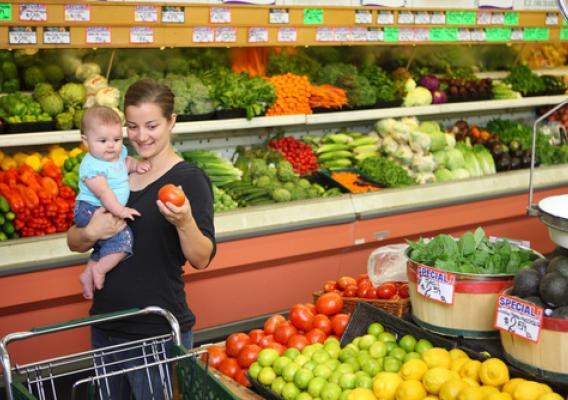As we celebrate Mother’s Day, it is most appropriate to recognize the important role women play in shaping the eating patterns of their family members and especially, their children. So today, we are launching an updated web site with new messages, tools, and resources to help nutrition educators reach one of the most critically important target groups—moms. FNS administers 15 nutrition assistance programs such as the Supplemental Nutrition Assistance Program and the Women, Infants and Children Program that help individuals and families meet their nutrition needs. Since many participants in these programs are women and children, moms are a high priority for nutrition education because they can make a big impact of the eating habits of their families.
The new resources include 13 audience-tested core nutrition messages, tips for making healthier choices, ideas for tasty meals and snacks that include whole grains, milk, fruits and vegetables, and other easy to use ways to help consumers to understand and put MyPlate recommendations into practice. Testing showed that these materials resonate with moms, provide realistic ways to engage their children, and offer appealing tips to incorporate whole grains, fat-free and low-fat milk, and fruits and vegetables into family meals and snacks.








